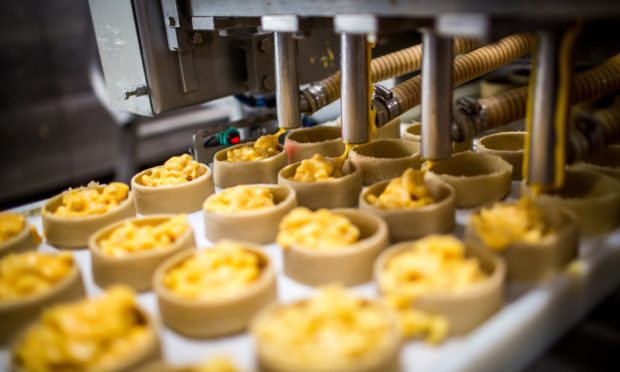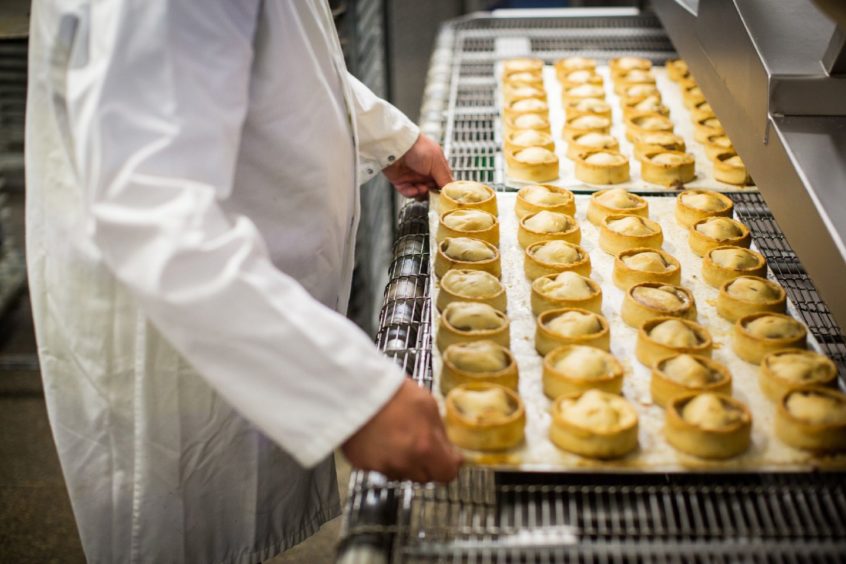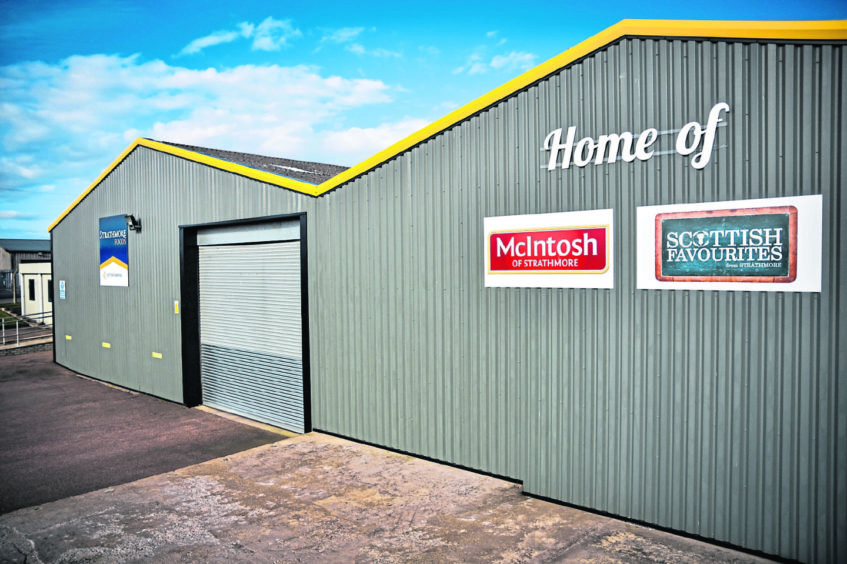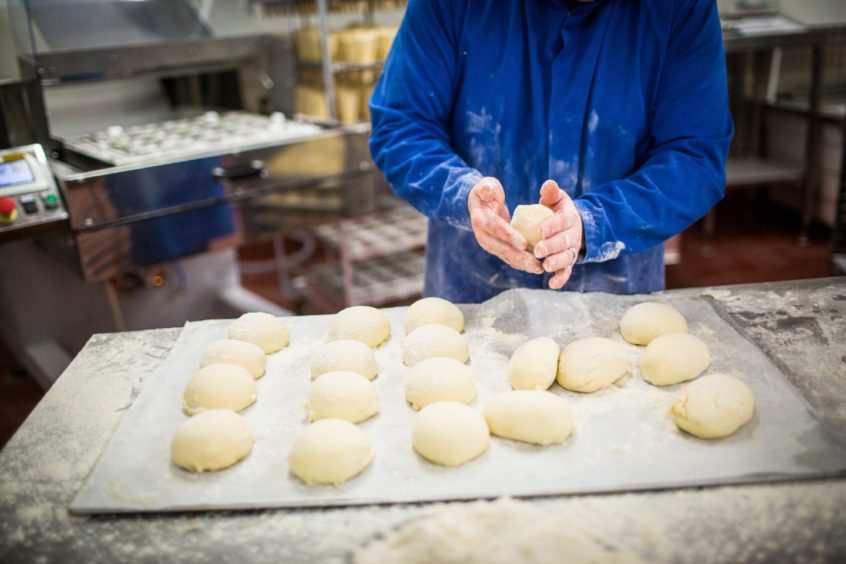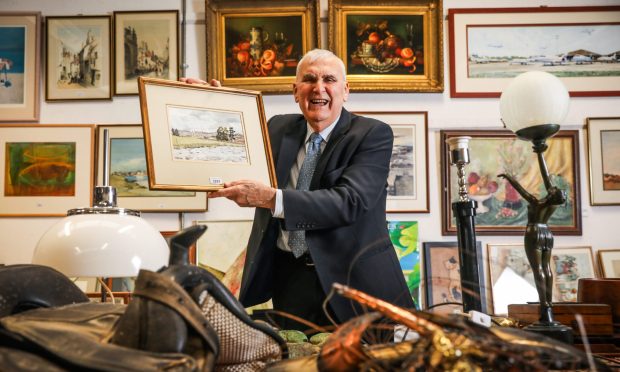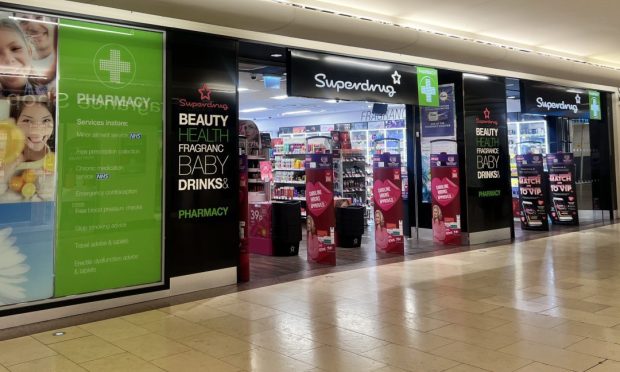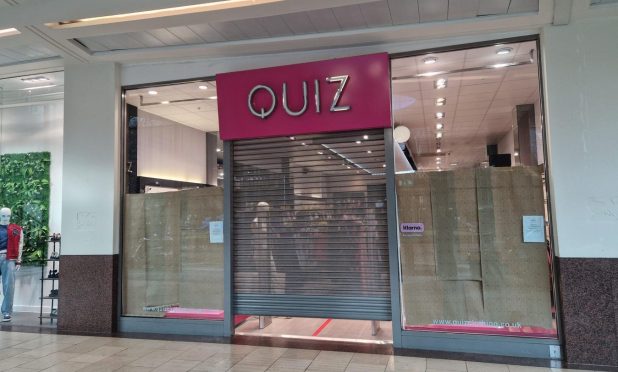Forfar ready-meal manufacturer Strathmore Foods managed to increase profits and continue investments despite the onset of Covid-19.
The directors hailed an excellent performance in a turbulent year. They say the impact of the pandemic had created an “unexpected and extremely challenging” backdrop.
The company employs nearly 120 people and has the McIntosh of Strathmore, Scottish Favourites and Strathmore Food Service brands.
McIntosh is said to be the best-selling ready-meal brand in the UK, as well as the biggest macaroni cheese brand.
Strathmore Foods has many well-known retailers among the businesses it supplies, including Tesco, Asda, Sainbury’s, Morrisons, Aldi, the Co-operative, Scotmid and Farmfoods.
The firm’s turnover in the 12 months to the end of June 2020 was £14.31 million, compared to £14.28m the year before.
Pre-tax profits rose to £2.10m as against £2.05m previously.
Impact of Covid-19
The directors say in their strategic report with the results that Strathmore Foods was able to continue to operate throughout the year as it was in an essential industry.
The pandemic impacted almost all aspects of the business, including internal processes, the supply chain and the demand from retail and foodservice customers.
The directors add that they were very pleased with the efforts that the employees, suppliers and customers all made to rise to the challenges presented, and with the overall financial performance of the company when set against a unique situation.
The strategic report states that many of the firm’s foodservice customers experienced a collapse in their trade during the first half of 2020.
It states: “This period also saw changes in the retail shopping patterns of the general public and a contraction in demand for convenience ready meals such as those provided by the company.”
Investments continue at food producer
During the year, Strathmore Foods invested more than £700,000 in tangible fixed assets – continuing its policy of investment to improve production capacity and efficiency.
Despite this expenditure, the firm generated a positive cash flow and had no net debt at the year end.
On the topic of principal risks and uncertainties, the directors say the business operates in highly-competitive markets where the volatility in costs and the branding and pricing policies of its major customers and competitors all exert considerable pressures on the turnover and profitability of the company.
They add: “The difficulties and uncertainties that have arisen as a result of the pandemic have served to increase these pressures and are likely to do so for the foreseeable future.
“The directors are confident that the strength of the company’s brands and products, its excellent service levels, its commitment to capital investment and the contribution from its experienced staff will enable it to meet these challenges.
“However, it is likely that sales and profits will be constrained until the pandemic is over.”
Finance director Dain Egan said turnover and profits in the current financial year are likely to be down slightly.
This is due to the whole period being impacted by the effects of the virus.
But he reported that the ready-meals market was returning to normality and is also confident the foodservice market will recover too.
Mr Egan added that the company continues to invest in new equipment, with this year’s figure being around £700,000.
